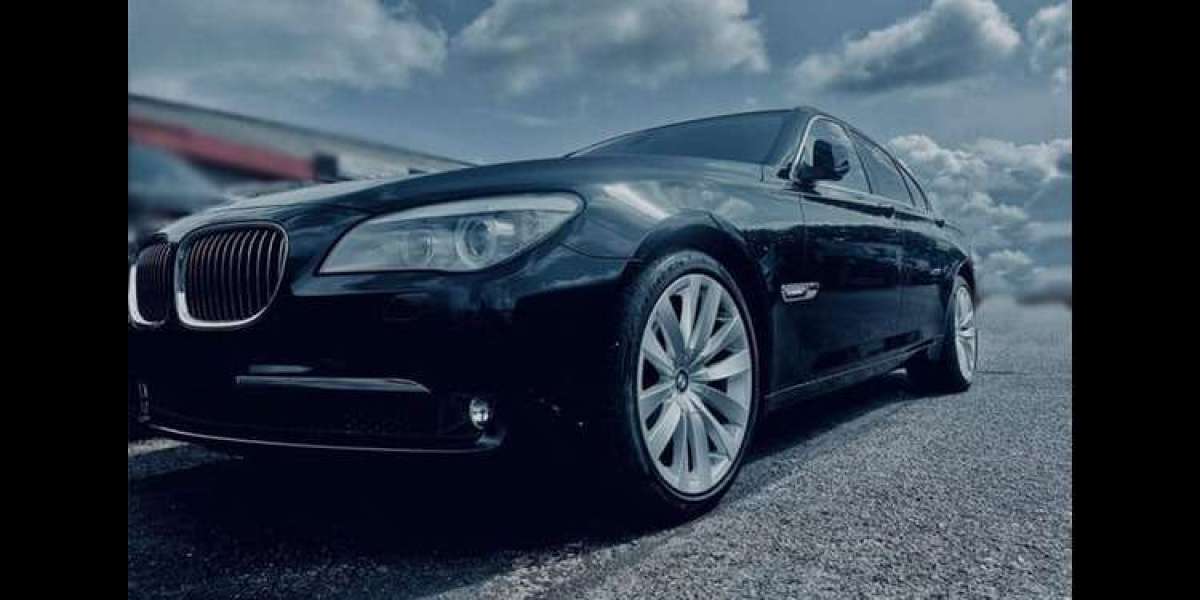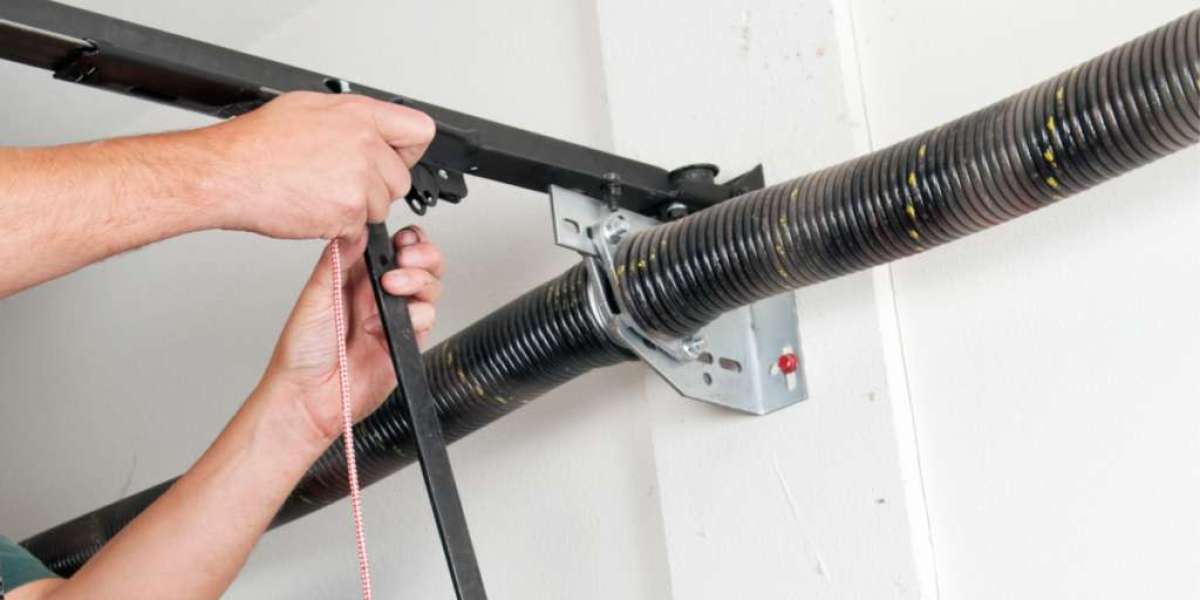BMW M57 Engine The Power Behind BMW's Diesel Legacy
The Beginning of a Diesel Revolution
The story of the BMW M57 engine started when BMW decided to redefine diesel performance for its luxury cars. Introduced in 1998, it quickly became a symbol of strength, refinement, and innovation. The engine was designed with a cast-iron block and an aluminum head, creating the perfect balance between durability and lightweight efficiency. Its refined turbocharging and fuel systems helped it outperform competitors while maintaining smooth operation. It wasn’t just powerful — it was also reliable and efficient, making it one of the most successful diesel engines BMW ever built.
Key Highlights:
Introduced in 1998 as a replacement for the M51
Designed for smoother, more efficient diesel operation
Known for long-lasting reliability and balance
Engineering and Technical Design
Under the hood, the BMW M57 engine showcases engineering excellence. It uses a common rail injection system that precisely controls fuel delivery for better combustion and cleaner emissions. The combination of high-pressure injectors and a variable geometry turbocharger allows for instant throttle response and excellent torque. The solid internal components are designed to handle heavy loads without stress. BMW’s focus on thermal management ensures consistent performance even under demanding conditions, making it a dependable choice for drivers who value performance and economy.
Technical Details:
Cast-iron block with aluminum head
Common rail direct injection system
Variable geometry turbo for efficient boost
Performance and Power Output
When it comes to performance, the BMW M57 engine delivers a thrilling yet smooth experience. Power output ranges from 180 to 280 horsepower, depending on the version, while torque figures often exceed 400 Nm. This provides fast acceleration and effortless cruising, whether in a sedan or an SUV. The engine’s design emphasizes linear torque delivery, ensuring instant pull even at low revs. Drivers experience a seamless blend of performance, comfort, and fuel efficiency — making it a favorite among BMW fans worldwide.
Performance Facts:
Power range: 180–280 hp
Torque: up to 560 Nm on higher variants
Ideal for both city and highway driving
Variants and Model Applications
BMW produced multiple versions of this powerful diesel unit. The BMW M57 engine came in variants like the M57D30, M57TU, and M57TU2, each improving performance and emissions. Its flexible design allowed BMW to install it across several models, including the 330d, 530d, 730d, and X5. The tuning options and adaptability made it one of BMW’s most versatile engines. These versions kept improving over the years, ensuring smoother power delivery and reduced fuel consumption.
Popular Models Equipped:
BMW 330d (E46 and E90)
BMW 530d (E39 and E60)
BMW X5 3.0d (E53)
Reliability and Long-Term Durability
One of the most admired aspects of the BMW M57 engine is its reliability. Built with high-quality materials, it can easily surpass 300,000 kilometers with proper maintenance. The forged crankshaft, strong connecting rods, and efficient cooling system help prevent wear. Its simple yet robust design means fewer mechanical failures compared to newer engines. Owners often praise its ability to withstand years of driving without major issues, proving that BMW focused on longevity as much as performance.
Maintenance Strengths:
Long-lasting metal components
Efficient cooling and lubrication
Proven record of high mileage durability
Common Issues and Preventive Care
Despite its strong build, the BMW M57 engine has a few known issues that owners should monitor. Swirl flap failures, turbocharger wear, and injector leaks are the most common. Preventive maintenance is the key to avoiding serious problems. Many enthusiasts remove swirl flaps to prevent damage, while timely oil changes and turbo checks ensure smooth operation. Using high-quality diesel fuel and proper servicing intervals keeps the engine performing like new.
Common Problems:
Swirl flap malfunction
Turbo and EGR clogging
Injector seal leaks
Fuel Economy and Efficiency
This diesel engine is celebrated not just for performance but also for economy. The BMW M57 engine combines direct injection and turbocharging to maximize efficiency. Drivers often report impressive mileage figures for such a powerful unit. The smooth torque curve allows it to maintain low revs while cruising, reducing fuel use. Even under load, the engine remains frugal and quiet. Its ability to balance power with economy makes it ideal for long-distance drives and city commutes alike.
Efficiency Advantages:
Excellent highway mileage
Low fuel consumption under pressure
Balanced power and economy ratio
Technological Advancements and Emission Control
The BMW M57 engine represented a major step forward in clean diesel technology. It introduced advanced systems like exhaust gas recirculation (EGR) and improved catalytic converters. The use of electronic control units helped fine-tune fuel delivery and turbo response. These features not only improved performance but also reduced harmful emissions, aligning BMW with stricter global standards. It was a clean and efficient powertrain that proved diesel engines could be both powerful and responsible.
Innovations Included:
EGR for cleaner emissions
Electronic injection management
Efficient turbo boost control system
Successor and Legacy Impact
Although production eventually ended, the influence of the BMW engine continues through its successor, the N57. Many of the M57's core technologies were refined and carried forward, proving how advanced its design truly was. Enthusiasts still praise its simplicity, tuning potential, and long lifespan. The engine's adaptability and strong base make it popular for swaps and modifications, showing the continuing relevance and timeless value of the BMW engine in the automotive community.
Legacy Highlights:
Inspired the design of BMW N57
Still popular in tuning communities
Regarded as one of BMW's best diesel engines
Why the M57 Remains a Legend
Decades later, the BMW M57 engine still holds legendary status among BMW enthusiasts. It represents the perfect balance of power, precision, and endurance. Unlike many modern engines, it delivers raw diesel performance with mechanical honesty. Drivers who value reliability and torque-driven performance still prefer M57-powered models. It's more than just a diesel engine — it's a statement of BMW's engineering excellence that has stood the test of time.
Reasons for Its Popularity:
Exceptional reliability and tuning potential
Strong torque with smooth delivery
Lasting reputation in the BMW community








